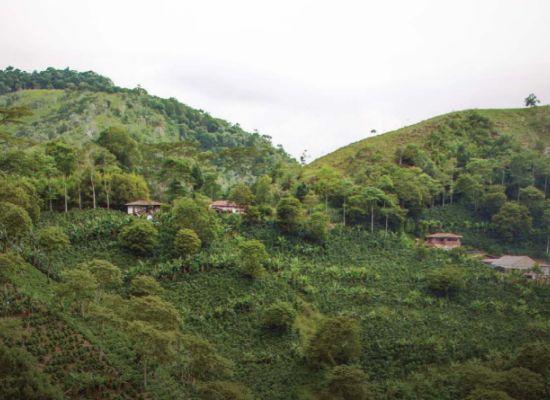The voice of young people in rural Colombia



© Solidaridad Network
Colombia’s coffee sector faces a structural problem because fewer young people want to work on coffee farms, leaving them in the hands of the older generation. In order to better understand the issue, Solidaridad, via the Sustainable Trade Platform, worked with 237 young people living in five rural areas in Colombia to find out their experiences, motivations and thoughts about coffee farming.
The report finds that young people leaving the countryside and emigrating to cities is not a rejection of coffee farming in and of itself. Instead, young people are concerned about the quality of life coffee farming can provide (such as income level and working conditions), but also the limitations of living in a rural area more generally (such as a lack of educational opportunities and access to cultural and leisure activities).
This means that there are certain steps the coffee sector can take to improve the situation. For example, utilizing modern technology to improve productivity and wages would encourage more young people to work on coffee farms. However, there are also wider issues such as the quality and suitability of education available in rural areas which must be addressed in order to secure the next generation of coffee farmers.